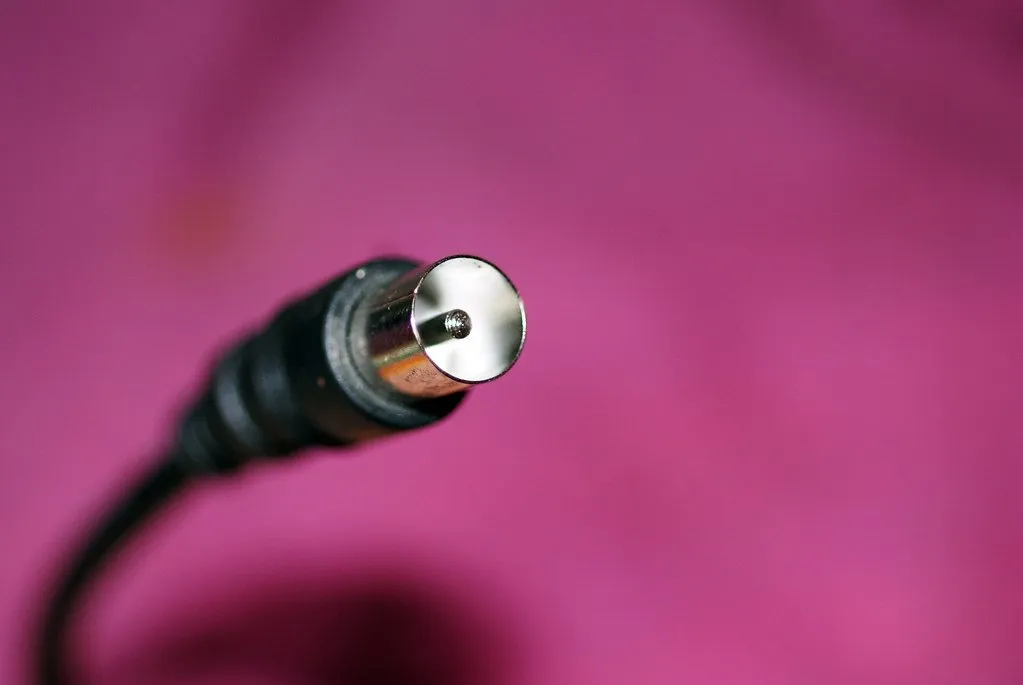Introduction: Understanding TV Aerial Functionality
Even in the age of streaming, millions still rely on traditional television for news, entertainment, and live broadcasts. A TV aerial remains a critical component for receiving free-to-air channels, but when issues arise—such as poor reception, no signal, or missing channels—it’s essential to determine whether your aerial is functioning properly. Understanding how to check if TV aerial is working helps homeowners and renters quickly identify and fix reception problems without unnecessary delays or costs.
Signs Your TV Aerial Might Be Malfunctioning
The first step is identifying symptoms of a faulty or failing TV aerial. Common signs include:
- A “No Signal” message displayed on your screen
- Pixelated or freezing images, especially on digital channels
- Sudden loss of sound or intermittent audio drops
- Channels disappearing or failing to load
- Degraded image quality even during normal weather conditions
These symptoms suggest that your TV aerial may be misaligned, damaged, or not receiving sufficient signal strength.
Basic DIY Checks for TV Aerial Performance
Before bringing out diagnostic tools or calling a technician, run through these simple checks:
- Try a Different TV or Channel:
If another TV in the home works fine using the same aerial, the problem may lie with your TV’s tuner or settings. - Inspect Cable Connections:
Ensure the aerial cable is firmly connected at both the wall socket and TV input. Loose or frayed cables can disrupt signal transmission. - Restart Equipment:
Unplug your TV and any connected set-top box, wait 30 seconds, and restart. Temporary glitches are often fixed with a power cycle. - Check for Service Outages:
Sometimes, the issue may be from the broadcaster’s end. Check online for local transmission issues.
Tools You’ll Need to Diagnose Aerial Issues
Having the right tools can help you perform more in-depth checks:
- Coaxial Cable Tester: Verifies cable continuity and detects faults.
- Signal Strength Meter: Measures aerial signal levels for accuracy.
- Digital TV Tuner (Built-in): Most TVs display real-time signal data.
- Multimeter: Useful for checking continuity and electrical flow.
- Aerial Alignment App: Helps you point the aerial in the correct direction for optimal signal.
Step-by-Step Guide: How to Check if TV Aerial is Working
Follow these practical steps to test whether your TV aerial is working:
- Access the TV’s Signal Information Menu:
Navigate to Settings > Channels > Signal Information (menu names may vary). Look at both “Signal Strength” and “Signal Quality.” Poor readings suggest a reception issue. - Physically Inspect the Aerial and Cables:
Check your rooftop or loft aerial for visible damage, corrosion, or misalignment. Examine cables for wear or water exposure. - Test the Coaxial Cable for Continuity:
Use a cable tester or multimeter. A break in the line can block the signal entirely. - Try a Portable Indoor Aerial:
Connect a basic indoor aerial to your TV. If it receives channels, your external aerial may be at fault. - Retune Your Television:
Run a full channel scan via your TV’s tuning menu. This updates your channel list and can fix reception anomalies.
Common Causes of TV Aerial Signal Problems
TV aerial signal problems often result from:
- Weather Damage: Heavy winds or storms can misalign or damage the aerial.
- Aged Equipment: Older aerials may not support modern digital signals.
- Loose Fittings: Corroded or detached connectors disrupt the signal path.
- Signal Obstructions: Nearby buildings, trees, or scaffolding can block line-of-sight reception.
- Electrical Interference: Appliances or nearby power lines can cause intermittent disruption.
When to Call a Professional
DIY checks can solve many issues, but professional help is necessary when:
- The aerial is mounted on the roof and difficult to access safely
- You’ve completed all troubleshooting without improvement
- There’s ongoing signal loss despite using quality cables and equipment
- You require a new aerial installation, mast realignment, or booster setup
Experienced aerial engineers use specialized signal meters and tools to provide permanent solutions and ensure compliance with local transmission standards.
Maintenance Tips to Ensure Optimal Aerial Performance
To prevent future aerial issues and maintain strong reception:
- Inspect Your Aerial Annually: Especially after harsh weather.
- Use Weatherproof Cabling: Particularly for outdoor setups.
- Keep Trees Trimmed: Ensure clear line-of-sight to transmitters.
- Avoid Overusing Splitters: Too many can weaken your signal.
- Label Cables in Shared Properties: For easy diagnostics later.
Routine maintenance helps preserve signal integrity and reduces long-term repair costs.
Conclusion: Ensuring Clear TV Reception
Knowing how to check if TV aerial is working empowers you to identify and resolve reception issues before they worsen. With a few simple tools and clear troubleshooting steps, you can often restore your signal without professional help. However, when the issue is out of reach—literally or technically—calling an expert ensures your TV aerial performs at its best. By staying proactive, you’ll enjoy consistent, high-quality television viewing for years to come.








